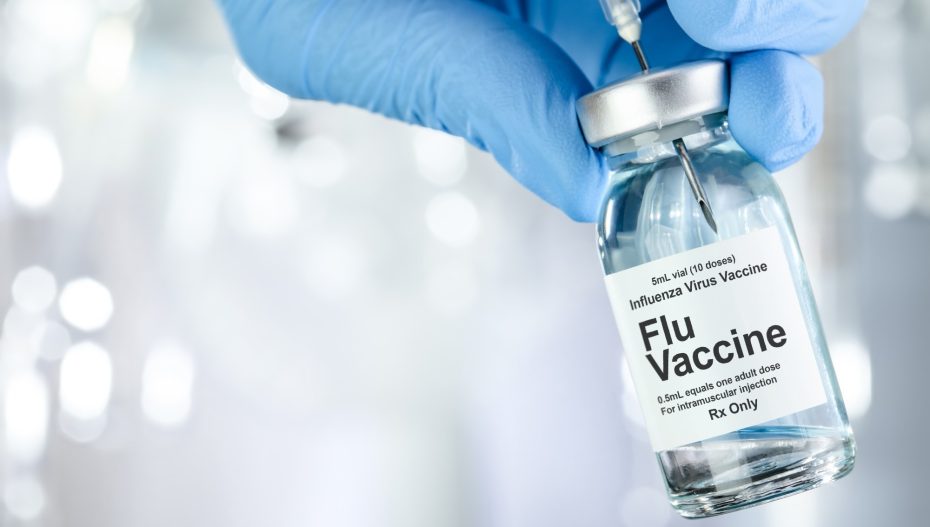A study from the Influenza Vaccination After Myocardial Infarction (IAMI) trial has reaffirmed the profound health benefits of influenza vaccination, demonstrating a 42% reduction in cardiovascular and overall death rates among patients with coronary artery disease. Despite these findings, the adoption of flu vaccines in India remains notably low.
The trial revealed a 28% reduction in primary outcomes, including all-cause mortality, heart attack, and stent thrombosis over a 12-month period. Published in the Indian Heart Journal this month, an extensive analysis titled “Influenza Vaccine in Cardiovascular Disease: Current Evidence and Practice in India” further substantiates the vaccine’s role in reducing future heart-related events, particularly in individuals with acute coronary syndrome.
The IAMI study examined patients who recently suffered myocardial infarction, administering either an influenza vaccine or a placebo within 72 hours of the cardiac event. Researchers noted the vaccine’s significant survival benefits, including a 24% reduction in overall mortality after one year and a 20% decrease in long-term death rates. Additionally, during influenza outbreaks, mortality rates were reduced by 48%, compared to a 21% reduction during non-influenza periods. The study also observed a 16% decline in cardiovascular-related hospital admissions during flu seasons.
Dr Ambuj Roy of AIIMS’s cardiology department, the lead author of the study, highlighted the vaccine’s dual purpose. “Influenza vaccination not only prevents flu but also protects cardiac patients by reducing subsequent heart attacks and hospitalisations. It is completely safe, as proven in the trial,” he stated.
The findings indicate that the vaccine offers better protection than several well-established secondary prevention therapies, such as aspirin, statins, beta-blockers and ACE inhibitors, which typically reduce mortality by 20–41% in randomised trials.
Globally, influenza causes between 290,000 and 650,000 deaths annually, with the highest rates in sub-Saharan Africa and Southeast Asia. In India alone, approximately 130,000 deaths per year are linked to respiratory and circulatory complications from influenza.
Cardiovascular disease (CVD) remains the leading cause of death in India and worldwide, with coronary artery disease (CAD) being its most common manifestation. While recognised factors like tobacco use, hypertension, diabetes and dyslipidaemia contribute to the condition, other triggers, including infections, are gaining attention for their role in acute CVD episodes.
The study emphasised that cardiovascular complications frequently arise from influenza infections. Evidence from controlled clinical studies confirms that flu vaccinations effectively reduce the risk of recurrent cardiac incidents, especially in patients with acute coronary syndrome. However, the uptake of influenza vaccines in India remains minimal.
To address this gap, a virtual meeting of experts from the Indian Council of Medical Research (ICMR), the National Centre for Disease Control (NCDC), the Directorate General of Health Services (DGHS) and other specialists convened to establish guidelines for the timing of influenza vaccinations across India. The panel recommended administering vaccines one month before the peak influenza season for optimal immunity.
For northern regions, including Jammu and Kashmir, Himachal Pradesh and Uttarakhand, vaccinations are advised between October and November, coinciding with winter influenza activity. In contrast, other parts of India, where influenza peaks post-monsoon, should prioritise vaccinations between April and June.
Also Read: Gujarat Rescues 869 Women from Prostitution in Three Years













